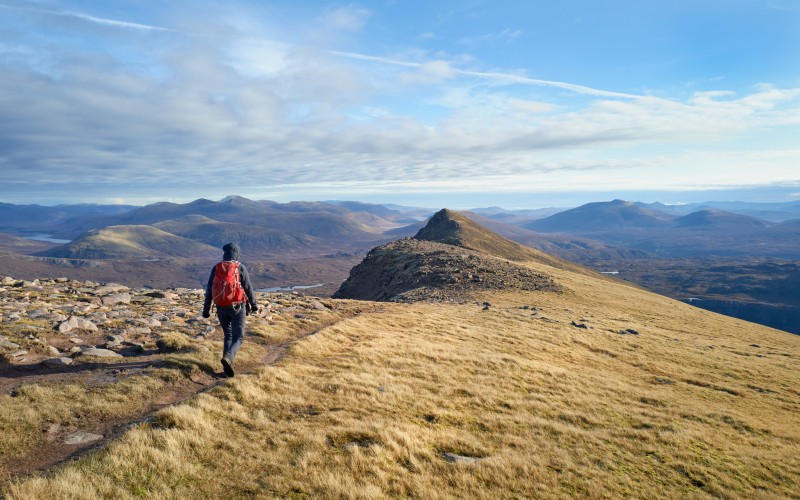
Exploring the Scottish outdoors offers breathtaking landscapes, riveting hikes and serene escapes. However, the beauty of the Highlands, lochs, and forests can be fraught with danger. Understanding how to stay safe and avoid injury is crucial for any adventure.
Before embarking, preparation is vital. Educate yourself on the area. Safe routes, amenities, and any potential hazards. The only thing predictable about Scotland’s weather is how unpredictable it can be. Check forecasts and have an exit strategy in the event the weather turns.
Accidents can happen anywhere in Scotland. Understanding your rights and responsibilities is important. Landowners have a duty to ensure their land is reasonably safe for visitors. This duty is outlined in the Occupiers’ Liability (Scotland) Act 1960.
If you suffer injury, you may be entitled to make a personal injury claim. This could include injuries suffered due to badly maintained walkways, inadequate signage, or animals. However, you need to prove that the landowner breached their duty of care.
Visitors have a responsibility to take care and follow guidelines. Reckless behaviour can adversely impact personal injury claims. If you fall down Ben Vorlich attempting a solo-climb during a snowstorm, in the eyes of the law, that’s probably on you. If you fall following bad advice from a tour guide, that may be on them.
Getting into difficulty swimming in a loch without warning signage does not mean you can successfully claim. The courts have traditionally held that if something is an obvious and natural danger, without a lengthy history of accidents, success will be an uphill battle.
Scotland is home to an amazing array of wildlife, but it is the animals you least expect who present the biggest risk. Whilst you’re not at risk of shark attack paddleboarding in Loch Tummel – deer, cattle and sheep are notorious for causing havoc for motorists.
We signed up a spate of cases years ago after a “massive cow” ran in front of a bus on a country road. All the passengers were thrown from their seats. There was a myriad of injuries, ranging from concussion to broken bones. All claims were viable – and successful. Under the Animals (Scotland) Act 1987, farmers have a duty to take reasonable care to secure livestock. A simple failure to lock a gate, or fix a broken fence, can prove costly.
We also receive instructions for those who have fallen victim to unprovoked attacks by horses, cattle, dogs, cats and goats. We are yet to receive any involving a mythical creature in Loch Ness.
Practical Advice for Any Accidents
Document any incident thoroughly. Take photos. Gather witness details. Report the injury to the landowner or relevant authority as soon as possible. Reporting can also improve safety for others.
Enjoying Scotland’s outdoors safely requires preparation, awareness and respect for the environment. We can all minimize risks and focus on the beauty and adventure that Scotland offers.
